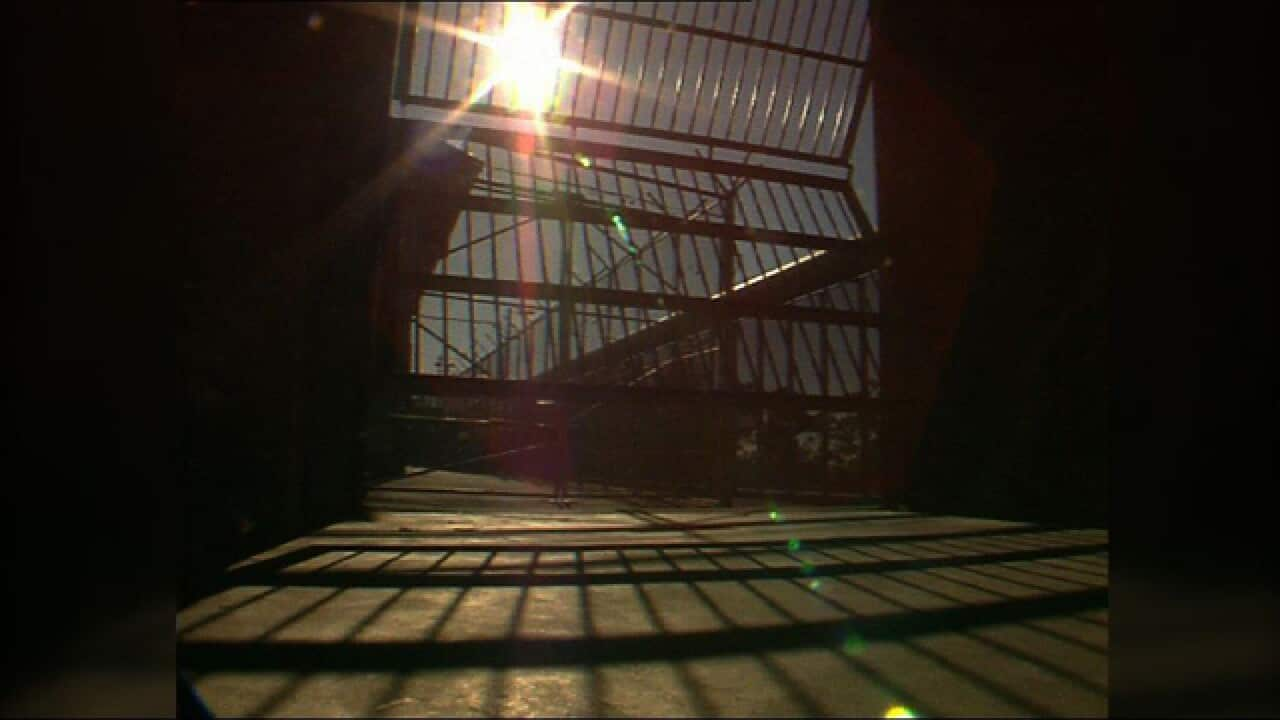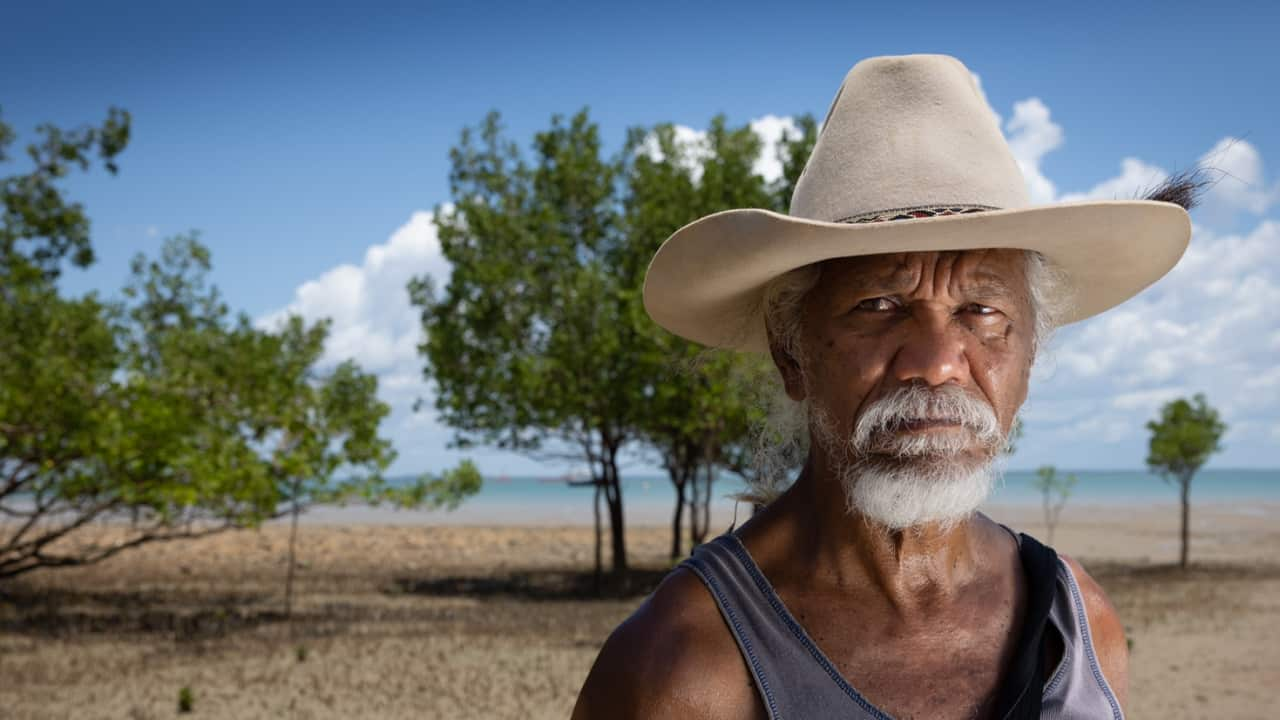They say they’re tired of burying their family members and want to see justice brought to preventable and premature deaths in their communities.
Robert ‘Bongo’ Sagigi says he’s invited the lawyers to hold a public forum next week on Waiben, Thursday Island, in the Torres Strait.
“[I want the lawyers] to give the opportunity to everyone living in trauma [to speak], [those living with] the injustice of things that should have been done better,” he said.
Mr Sagigi said Torres Strait Islanders once had their own model of care, but when that was taken away health declined in the region.
“Families are losing loved ones, some are very young and are falling through the safety net – we have a funeral every week.”
NITV contacted the Australian Human Rights Commission and JGA Saddler Lawyers who declined to comment.
A class action, from the heart
Waanyi, Garawa and Gaangalinda man, Jarrbikgala – Alec Doomadgee – said he will be travelling to the Torres Strait to share his experience with legal processes at the forum.
In Jarrbikgala’s community of Doomadgee in Queensland’s Gulf Country, he’s been an outspoken and strong advocate for Rheumatic Heart Disease and other preventable deaths.
Like communities in the Torres Strait, hospitals and health care services in his community have been subject to investigations.
Mr Doomadgee said he was still mourning the loss of family members who had not yet seen justice.
“I felt that [racism] was from coming from the top, that there was ingrained racism, there was casual racism and there was systematic racism throughout the health system,” he said.
“It's very, very common to walk into an Indigenous community like Doomadgee and be dismissed, be ignored, and be made to feel like an inconvenience, when all you're looking for is healthcare and all you're looking for is someone actually care about your life at that point,” said Mr Doomadgee.
Mr Doomadgee said since the investigations, there had been a lot of talk and meetings, but he’d seen no change in the health system.
He said he would be pursuing a class action on behalf of families.
“I felt that the system and the powers that be were not going to listen to us, we're not going to change anything, unless we hit them where it hurts most, which is in their hip pockets,” he said.
“Because they care about money more than they care about our lives.”
Communities take the lead
Mr Sagigi said in island communities, English was often a third language, and these types of proceedings could be daunting for people to speak to.
He said Indigenous people were still living with the oppressive impacts of colonisation and many were unaware of their basic human rights.
He said he was taking it upon himself to help his people and be a conduit to a legal process he hoped would help them see justice.
“Our people have never been in this situation to talk lawyers about what's happening now with their rights,” he said.
Mr Sagigi had completed a training program on the United Nations Human Rights of Indigenous peoples and wanted to draw attention to Article 24 which focussed on ‘an equal right to the enjoyment of the highest attainable standard of physical and mental health’.
“We can talk to our people, and then they talk to our lawyers,” he said.
“If I have to be an interpreter, I'll be interpreter for my people.”
“Everyone should know about their rights for a start.”
Mr Doomadgee said he and other leaders from is region would attend the public forum in the Torres Strait.
“I want to make sure that it's still coming from a community level, make sure they're still driven by people like myself that had first-hand experience with the racism that we face, the ugliness that we've been through,” he said.
“We're the ones that have to live with and suffer through the hardship of losing our loved ones.
Mr Doomadgee said until racism was eradicated in the system, there would always be problems.
“I'm hoping that this class action is a big wake up call for those within power… that it leads to a wholesale change with the Queensland Health Department, from the from the from the ground up,” he said.
“This is about the core, the heart of our people, the survival of our race, the survival of our young ones.
“We need to get their attention, and we need to make the change now so that we're not sitting here in 40 to 50 years having the same conversation.”







